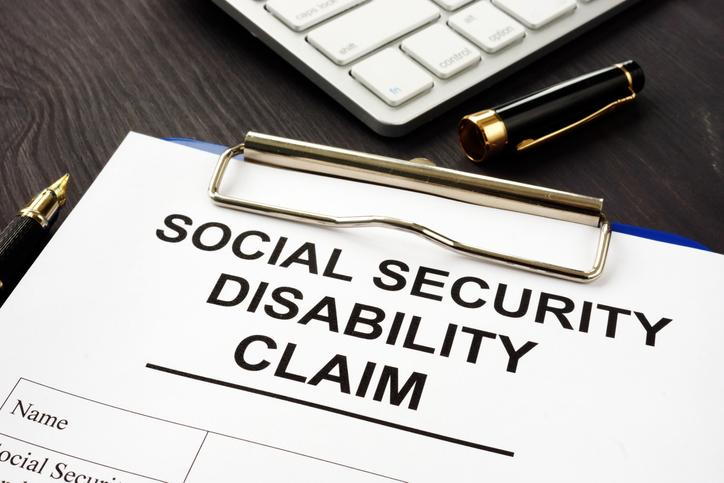
- posted: Feb. 28, 2021
- Social Security Disability
If you are unable to work due to a long-term or permanent disability, you can apply for Social Security Disability Insurance (SSDI) benefits to make up for your lost income. Unfortunately, it can be quite difficult to prove you qualify. In fact, two-thirds or more of all SSDI applicants are initially denied.
Why such a staggering denial rate? Part of it stems from the fact that the application process is complex and far from user-friendly. Refusal of benefits can be based on clerical errors made by applicants or on failure to substantiate eligibility. If you are applying for SSDI, you should be award of these common reasons for denial:
- Disability not of sufficient duration — To qualify, the disability must be long-term, which means lasting for more than a year. This usually must be proved by medical testimony.
- Not enough medical evidence of a disability — A qualifying disability requires medical records showing a condition or disease that prevents you from doing the work you did before or from performing other substantial gainful activity (SGA).
- Income level too high — If despite your disability you are earning a monthly income above a certain amount, which in 2020 is $1,260 for non-blind individuals (and $2,110 for the blind), you are considered to be engaging in SGA and therefore are ineligible for SSDI.
- Failure to follow your treatment plan — The officer in charge of reviewing your application is likely to determine they can’t properly evaluate your disability unless you go through with a prescribed treatment plan designed to help you recover and return to work.
- Lack of cooperation — The reviewing officer may request additional medical records and other documentation or information. If you fail to comply, even in part, that alone might be a reason to reject your application.
- Past denials — If you have been denied SSDI benefits in the past, this might increase the likelihood of denial of the current application. This is why it’s generally a better option to appeal an initial denial rather than wait and file a totally new application for SSDI.
The good news is many people will have success when they appeal a denial of benefits, and your chances often increase when you work with an experienced Social Security Disability lawyer. There are multiple levels of appeal, starting with a request for reconsideration that allows you to submit supplemental information or documentation that may lead to a reversal of the denial. If that fails, you can seek a hearing before an administrative law judge and, if necessary, file a lawsuit in federal court.
The Social Security Disability lawyers at Massengill, Caldwell & Coughlin, P.C. in Bristol help people throughout Tennessee pursue SSDI benefits, both in the initial application and on appeal. Call us at 423-797-6022 or contact us online to schedule your free introductory consultation.


